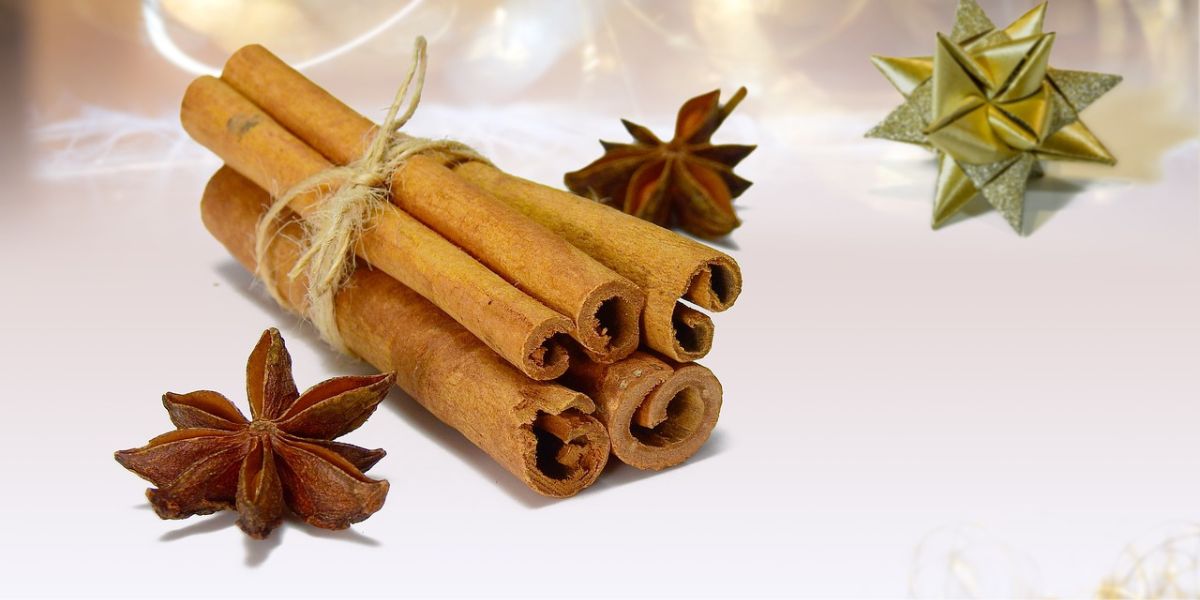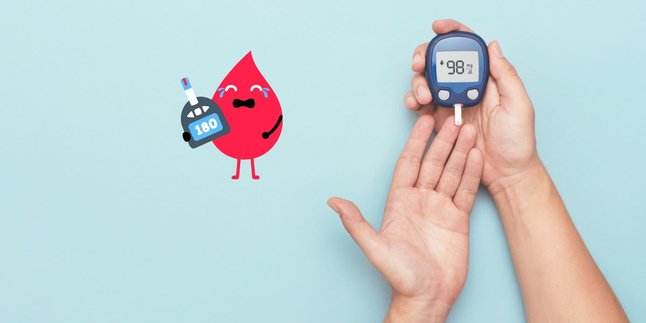Kapanlagi.com - Hypertension or high blood pressure is not a trivial issue. This condition can increase the risk of serious problems such as heart disease, stroke, and various other health disorders. According to data from the World Health Organization (WHO), approximately 1.13 billion people worldwide suffer from hypertension, making it one of the most common diseases faced by society today.
Amid the growing interest in natural remedies, cinnamon has emerged as one of the most talked-about ingredients. This spice, derived from the bark of the Cinnamomum tree, has been used in traditional medicine for centuries and is known to have a plethora of health benefits.
However, how effective is cinnamon in addressing high blood pressure? Various studies have been conducted to uncover the mechanisms of cinnamon's action in the body and whether this spice can be a solution for those suffering from hypertension. In this article, we will thoroughly examine the relationship between cinnamon and high blood pressure based on existing scientific studies.
1. Can Cinnamon Lower High Blood Pressure?
Various interesting studies have revealed the potential of cinnamon in lowering blood pressure, which is good news for those concerned about heart health. A review in 2021 involving eight clinical trials with 582 participants showed that cinnamon supplements could effectively lower diastolic blood pressure, which is the minimum pressure in the arteries when blood flows.
With a normal value of around 80 mmHg, this decrease is certainly noteworthy. Not only that, the same small study that year also found that cinnamon could lower systolic blood pressure, which should be around 120 mmHg when the heart pumps blood.
According to a Healthline review, although the effectiveness of cinnamon in lowering blood pressure is considered moderate, results from nine studies involving 641 participants showed a significant reduction of 6.2 mmHg for systolic pressure and 3.9 mmHg for diastolic pressure.
2. How Cinnamon Works in Lowering Blood Pressure
Experts continue to explore the mystery of cinnamon and its effects on blood pressure, with various intriguing hypotheses emerging from existing research. One main theory suggests that this aromatic spice can dilate and relax blood vessels, thereby lowering pressure in the arteries.
With more relaxed blood vessels, blood flow becomes smoother and blood pressure decreases. Research on animals has revealed that cinnamon acts as a natural calcium channel blocker, similar to some antihypertensive medications that help relax blood vessels by blocking the movement of calcium into the muscle cells in blood vessels and the heart.
Although these results are promising, further research is needed to determine the extent to which cinnamon can serve as an adjunct therapy in managing hypertension in humans.
3. Recommended Cinnamon Dosage
In various studies, the dosage of cinnamon used varies, generally between a fraction to two teaspoons per day. Clinical trial participants consumed cinnamon in various forms, from powder mixed into food to capsule supplements.
Interestingly, research results show that the effect of lowering blood pressure becomes more pronounced if cinnamon is consumed regularly for at least 12 weeks.
However, it is important to remember that excessive consumption of cinnamon, especially the Cassia type which is high in coumarin, can lead to serious side effects, including the risk of liver damage. So, enjoy cinnamon wisely to reap its benefits without the risks!
4. Can Cinnamon Replace Hypertension Medication?
It is important to remember that cinnamon is not a substitute solution for hypertension treatment. For those of you who have high blood pressure, the first step to take is to consult with a doctor or healthcare professional to obtain an accurate diagnosis and appropriate treatment plan.
Although cinnamon can be a beneficial complement to a healthy lifestyle to help control blood pressure, continue to maintain a balanced diet, exercise regularly, and follow the medication prescribed by your doctor.
Before adding cinnamon to your regimen, it is advisable to discuss it first with a healthcare professional for safety and therapy effectiveness.
5. How to Consume Cinnamon to Get Its Benefits
There are several ways to consume cinnamon to reap its benefits in lowering blood pressure:
- As an addition to food and drinks: Ground cinnamon can be added to tea, coffee, oatmeal, or smoothies.
- In supplement form: If choosing supplements, be sure to follow the recommended dosage on the product label.
- As infused water: Cinnamon sticks can be soaked in warm water to drink as infused water.
Consuming cinnamon consistently in reasonable amounts can help support health, but it should still be balanced with a healthy diet and an active lifestyle.
6. How long does it take for the effects of cinnamon to be felt in lowering blood pressure?
Based on various studies, significant blood pressure-lowering effects can be felt after following a regular consumption for 12 weeks.
7. Do all types of cinnamon have the same benefits?
Ceylon cinnamon is considered safer than Cassia cinnamon because it contains less coumarin.
8. Are there any side effects from consuming cinnamon?
In moderate amounts, side effects are rare. However, excessive consumption can lead to liver disturbances and drastically lower blood sugar levels.
(kpl/rmt)
Disclaimer: This translation from Bahasa Indonesia to English has been generated by Artificial Intelligence.












